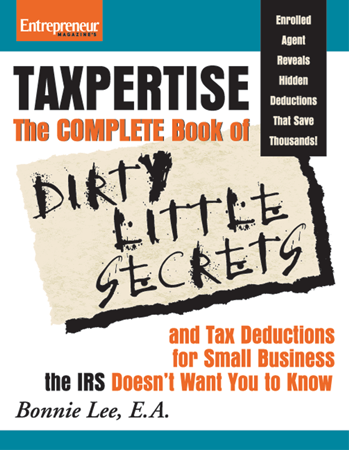Check out what the IRS says about the Earned Income Tax Credit:
The Internal Revenue Service wants working grandparents raising grandchildren to be aware of the Earned Income Tax Credit (EITC) and correctly claim it if they qualify.
The EITC is a federal income tax credit for workers who don’t earn a high income ($53,505 or less for 2016) and meet certain eligibility requirements. Because it’s a refundable credit, those who qualify and claim the credit could pay less federal tax, pay no tax or even get a tax refund. The EITC could put an extra $2 or up to $6,269 into a taxpayer’s pocket.
Grandparents and other relatives care for millions of children, but are often not aware that they could claim the children under their care for the EITC. A grandparent who is working and has a grandchild who is a qualifying child living with him or her may qualify for the EITC, even if the grandparent is 65 years of age or older. Generally, to be a qualified child for EITC purposes, the grandchild must meet the dependency requirements.
Special rules and restrictions apply if the child’s parents or other family members also qualify for the EITC. Details including numerous helpful examples can be found in Publication 596, available on IRS.gov. There are also special rules, described in the publication, for individuals receiving disability benefits and members of the military.
Working grandparents are encouraged to find out, not guess, if they qualify for this very important credit. To qualify for EITC, the taxpayer must have earned income either from a job or from self-employment and meet basic rules. Also, certain disability payments may qualify as earned income for EITC purposes. EITC eligibility also depends on family size. The IRS recommends using the EITC Assistant, on IRS.gov, to determine eligibility, estimate the amount of credit and more.
Eligible taxpayers must file a tax return, even if they do not owe any tax or are not required to file. Qualified taxpayers should consider claiming the EITC by filing electronically: through a qualified tax professional; using free community tax help sites; or doing it themselves with IRS Free File.
Many EITC filers will get their refunds later this year than in past years. That’s because a new law requires the IRS to hold refunds claiming the EITC and the Additional Child Tax Credit (ACTC) until mid-February. The IRS cautions taxpayers that these refunds likely will not start arriving in bank accounts or on debit cards until the week of Feb. 27. Taxpayers claiming the EITC or ACTC should file as soon as they have all of the necessary documentation together to prepare an accurate return. In other words, file as they normally would.
Refunds for those claiming the EITC will be delayed until February 15.


